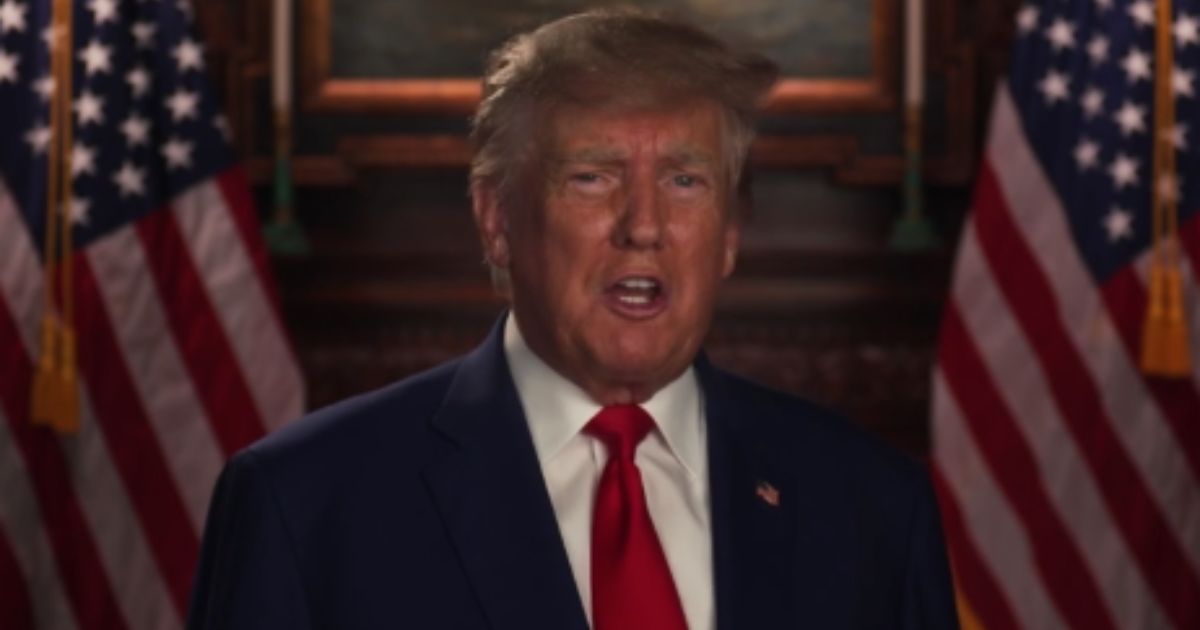West Virginia targets health overhaul with SNAP changes
In a bold move to combat obesity, West Virginia Governor Patrick Morrisey and Health and Human Services Secretary Robert F. Kennedy Jr. launched substantial health-focused legislation.
According to the Daily Caller, This includes amendments to the Supplemental Nutrition Assistance Program (SNAP) and the prohibition of certain synthetic food dyes.
Governor Morrisey and Secretary Kennedy announced their collaborative efforts to influence public health positively at a rally in West Virginia on Friday. Governor Morrisey signed a new bill banning seven synthetic food dyes deemed harmful, taking a significant step toward healthier food options.
At the same event, Governor Morrisey reaffirmed his commitment to deeply reforming SNAP. He introduced waivers that impose new work, training, and education requirements on recipients, aiming to enhance their job readiness and reduce dependency on the system.
Efforts to Exclude Soda from SNAP Gain Momentum
One of the more controversial aspects of Morrisey's proposal involves removing soda from the eligibility list of SNAP purchases. Soda is currently the most-purchased item within the program in West Virginia, a state notorious for high obesity rates. "If taxpayers are paying for it, let's make sure it fuels health, not disease," stated Morrisey, emphasizing the need for more nutritious spending of public funds.
This stance has sparked considerable opposition from industry groups. Soda and food lobbyists have actively sought meetings with both Morrisey and Kennedy to dissuade them from moving forward with these reforms. Nevertheless, the state leadership remains steadfast in its health-driven agenda.
Moreover, despite facing personal challenges with health in the past, Governor Morrisey publicly committed to setting a better example by making healthier life choices himself. This personal pledge adds a layer of authenticity to his advocacy for public health reforms.
National Reaction and Support for SNAP Modifications
The initiative in West Virginia has caught the attention of lawmakers across the country. Republican Utah Senator Mike Lee and Representative Josh Brecheen have reintroduced the SNAP Reform and Upward Mobility Act. This legislation seeks to implement stricter work requirements for SNAP recipients nationally, mirroring West Virginia's reformative steps.
The response to these proposals at the federal level underscores the broader implications of West Virginia's actions. Secretary Kennedy has been vocal about encouraging other states to follow suit. "Get in line behind Governor Morrisey and apply for a SNAP waiver to my agency, and we’re gonna give it to you," he urged other state leaders.
Meanwhile, Kennedy shared an anecdote about the pressure from food companies eager to sway public policy. "The food companies all came and met with me two weeks ago, and they’re scared of me … They said tell us what you want, we’re going to do it … but stop these governors from passing these laws … banning food dyes," Kennedy revealed, highlighting the tension between governmental public health objectives and corporate interests.
Public and Political Perspectives on Health Reforms
These reforms are not without controversy and public debate. As Kennedy humorously suggested putting Morrisey on a carnivore diet with monthly public weigh-ins—a light-hearted moment in an otherwise serious discussion—the gravity of health reform remains a pressing topic in West Virginia.
"I think that's a little more than I bargained for!" responded Governor Morrisey to Kennedy's jest, illustrating a candid exchange about personal and public health responsibilities.
Ultimately, the leadership's concerted effort to reform SNAP and ban harmful food dyes in West Virginia represents a pioneering stand against obesity and poor health habits. As the nation watches, the success or failure of these measures will likely influence similar initiatives across the United States, making West Virginia a potential model for statewide health reform strategies.





